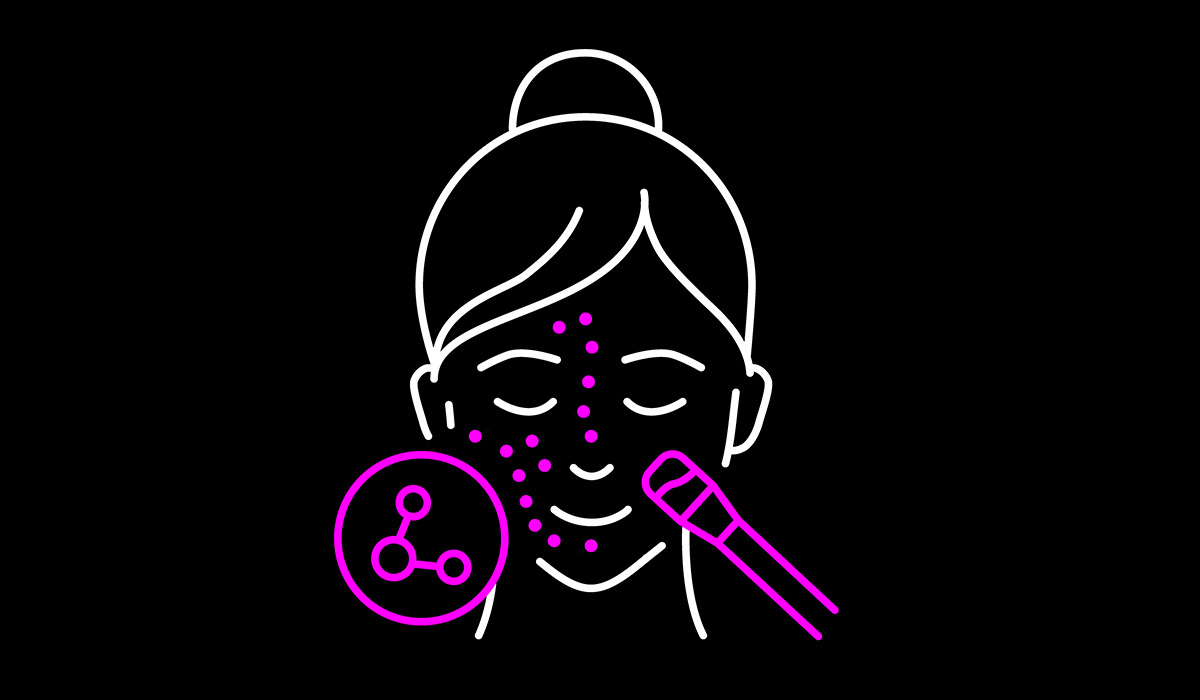Flatulence is often challenging to define. The most commonly reported are an enlarged abdominal circumference and a feeling of a large amount of gas in the digestive tract. In practice, this means feeling discomfort, pain, and pressure.
The patient’s feelings are very subjective — it is difficult to relate them to the amount of gas in the intestines, which makes the diagnosis imprecise. Nevertheless, it all boils down to a functional disorder syndrome because the problem here is the disorder of visceral sensation and intestinal motility.
Symptoms
The accumulation of air in the intestines causes an increase in abdominal pressure. The diaphragm rises, and we suffer from heartburn, bitterness in the mouth, belching, and sometimes regurgitation of gastric contents into the esophagus. But the most annoying symptom is abdominal pain. Characteristic of bloating is that after the gasis expelled, the unpleasant symptoms subside. However, the problem should not be underestimated.

People who complain of abdominal bloating primarily sense the feeling of an “inflated” abdomen and internal distension. Furthermore, frequent expulsion of gases and a sensation of pressure in the left or right hypochondrium, attributed to the presence of air, are common occurrences. This may be associated with paroxysmal intestinal cramps, shortness of breath and pain in the chest, loud croaking and overflowing in the abdomen, and excessive gas.
Sometimes abdominal bloating is accompanied by Roemheld syndrome, a group of gastrointestinal symptoms. It consists in the presence of bloating, which causes the diaphragm to set high and disturbs the heart function. Breathing problems, excessive heartbeat, and chest pain (similar to angina) may indicate Roemheld’s syndrome.
If the symptoms of abdominal bloatingappear suddenly, then we talk about acute bloating and chronic bloating. Acute abdominal flatulence begins with obstruction of the digestive tract, which causes the movement of food through the digestive tract to be difficult due to a tumor, hernia, or narrowing of the intestine. Such ailments can be life-threatening, so it is crucial to immediately visit a specialist.
Causes
Causes of flatulenceand abdominal bloating can be:
- increased production of gas in the intestines due to excessive fermentation and slow movement of fecal masses;
- increased swallowing or uncontrolled sucking of air through the mouth,
- problems with gas excretion, e.g., due to intestinal obstruction;
- dysfunction of resorption of gases in the intestines when their function is paralyzed;
- surgery previously performed in the abdominal cavity;
- impaired digestive processes in the course of diseases of the liver, pancreas, bile ducts, and large intestine;
- diseases of the central nervous system, diffuse peritonitis.
Bloated belly and flatulence during pregnancy
Abdominal bloating and flatulence during pregnancyare quite common. The cause of this is progesterone, a hormone that aids in the implantation of the embryo in the uterine wall and supports the development of the pregnancy. Numerous physiological processes in the human body are impacted by it.
It makes the human body retain water and dilate the veins. Unfortunately, one of the effects of progesterone is slowing down digestion, and thus also intestinal peristalsis. It has a specific purpose. Slower digestion is supposed to provide better nutrition for the developing baby. At the same time, however, it also causes swelling, constipation, varicose veins, and difficulties in expelling gases accumulated in the intestines, i.e., bloating.
Chronic bloating and flatulence — irritable bowel syndrome
One of the common causes of chronic bloating is irritable bowel syndrome. It is worth knowing some information about it because, in the current era of medicine, it is more and more often recognized. Irritable bowel syndrome (IBS) is a condition that affects the gastrointestinal tract, lasting for a minimum of three months. It is a functional disorder that causes abdominal pain and irregular bowel movements, not caused by any organic or biochemical changes.
As the definition says, the cause of the disease is unknown. A rather interesting fact is that stressful situations trigger symptoms. Abdominal pain is among the most common signs. It is constant or recurrent, most often located in the lower abdomen. The disease can be acute, spasmodic, and harassing, but rarely wakes the patient up at night. It is usually worse after a meal and lessens or disappears after a bowel movement.
Frequent loose bowel movements and diarrhea are additional symptoms commonly associated with irritable bowel syndrome. In diarrhea, the stools are watery, semi-liquid, and rarely have an increased volume. Painful urges to stool before defecation are unpleasant for the patient. Such symptoms usually occur after a meal, during stressful situations, or during permanent mental stress, most often in the morning.
Irritable bowel syndrome can also be accompanied by constipation in its particular form. In this situation, the number of bowel movements is reduced. The stool is hard, lumpy, and passed with great effort. There is often an unpleasant sensation of incomplete defecation.
Some patients are diagnosed with a mixed form with alternating constipation and diarrhea. The symptoms described above are joined by: abdominal distension, nausea, vomiting, and heartburn.
The diagnosis is made by ruling out any physical illnesses that might cause the symptoms that are described.
In the treatment of irritable bowel syndrome, the basis is good cooperation between the doctor and the patient, as well as informing and explaining the nature of the disease to the patient. Then, an appropriate diet and pharmacological treatment are selected to alleviate symptoms that persist despite the use of a diet.
Risk Factors
Certain situations and factors may favor the appearance of too much gas in the intestines. Most often, the amount of gases produced in the intestines does not increase, but in some people, even a slight increase in the volume of gases causes troublesome symptoms and discomfort.
However, certain situations may favor an increase in the volume of gases in the intestines:
- Swallowing air— we often unconsciously swallow air while eating, which can be associated with stress and strong emotions. Then, the most commonly implemented treatment is based on therapy aimed at reducing anxiety and implementing methods of coping with stress (if it is the cause). In addition, each of us should pay attention to the pace of eating to minimize the amount of air swallowed, as well as eliminate carbonated drinks from the diet, or give up chewing gum and smoking cigarettes. It may be also a result of neurotic behavioral disorders, mental stress, and anxiety.
- Eating foods or drinking drinks that cause gas— some foods contain carbohydrates known as fermentable oligo-, di- and monosaccharides and polyols. The human body absorbs them very poorly, which is why they can lead to bloating and increasing gas production in some people. For this reason, these people should limit the consumption of these carbohydrates, e.g., from cereals, milk, and some fruits and vegetables. There is a dietary approach that can help decrease the production of gas in the intestines. This particular diet can also provide advantages for individuals who suffer from irritable bowel syndrome.
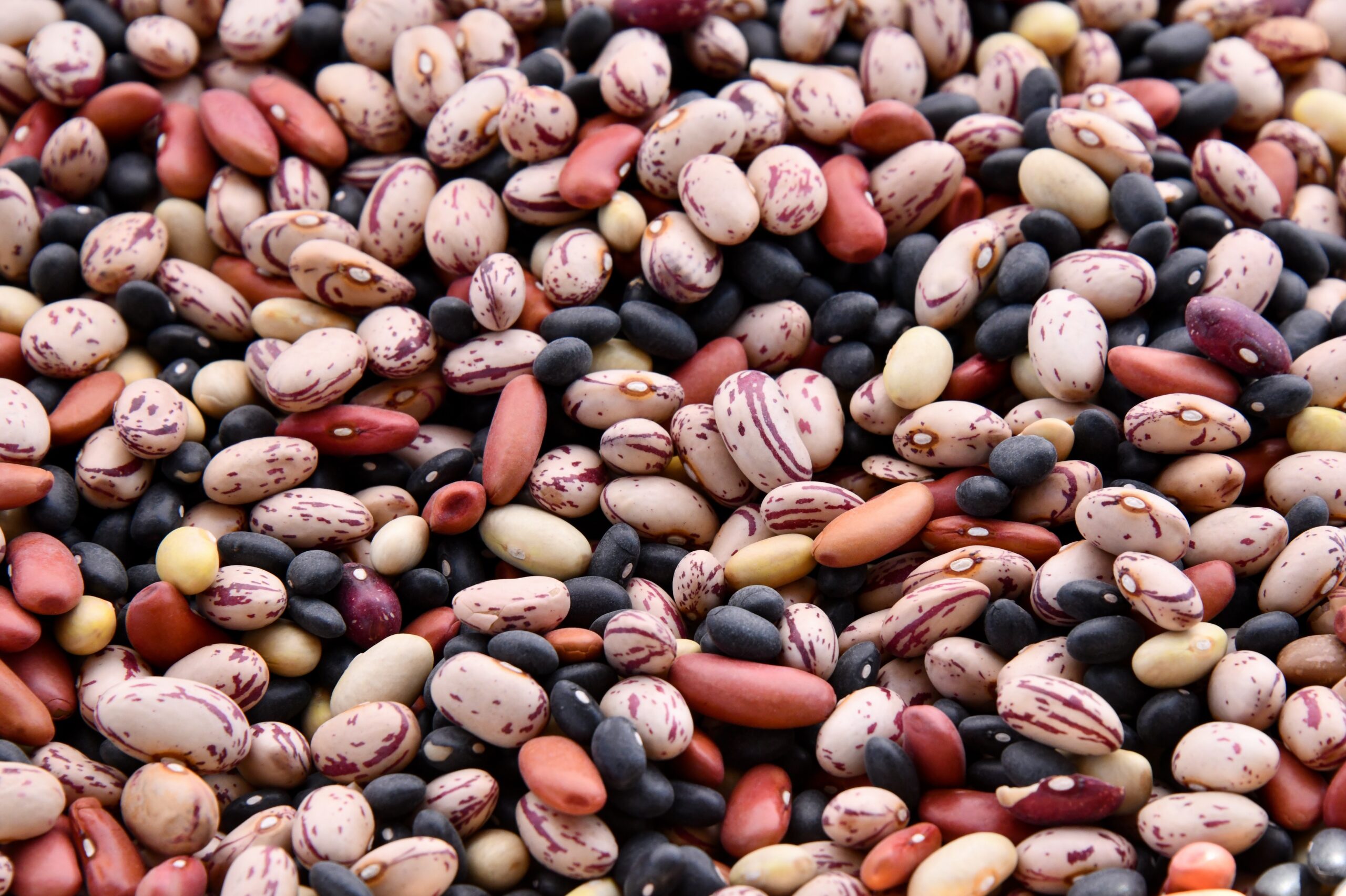
- Increased gas production in the digestive tract— it can be caused by an increased supply of food-containing bacteria (increased supply of substances that humans cannot digest, i.e., cellulose, raffinose, sorbitol, tube feeding, gluten enteropathy, lactase deficiency, exocrine pancreatic insufficiency or short bowel syndrome), excessive growth bacterial flora (caused by intestinal fistula, blind loop syndrome or intestinal stenosis) and infection with intestinal parasites.
- Food intolerances— some food intolerances can cause the overproduction of gases in the intestines. Many people experience lactose intolerance when consuming dairy products. Additionally, fructose is commonly found in dried fruits, sucrose and honey are present in many foods and drinks, and sorbitol, a sugar substitute, can be found in certain sugar-free candies and chewing gum.
- Digestive system diseases— overproduction of gases in the intestines is the result of impaired intestinal transit, intestinal microflora disorders, and disorders of proper digestion and absorption of nutrients from food.
Diagnosis
In the diagnosis of flatulenceand abdominal bloating, the medical history is the basis. The patient talks about the ailments mentioned above. To correctly diagnose flatulence, the doctor performs physical collapse, stool examination for occult blood, and other additional tests:
- Abdominal ultrasound — thanks to which it is possible to identify abnormalities in the abdominal cavity;
- Abdominal x-ray;
- Gastroscopy — a test that helps to exclude organic changes in the stomach and duodenum;
- Colonoscopy — allows to rule out inflammatory and neoplastic diseases of the large intestine;
- Hydrogen test — conducted to determine the breakdown of lactose;
- Pancreatic exocrine function test;
- Microbiological examination of the stool.
In the diagnosis, in addition to the test results, other ailments with similar symptoms should be taken into account. They may indicate diseases of the kidneys, spleen, large intestine, or gallbladder.
Treatment and Diet
Treatment of chronic flatulence can be divided into causal and symptomatic. Symptomatic treatment consists of the use of a diet with the elimination of gas-inducing foods and carbonated drinks. Foodshould be eaten slowly, calmly, and in small portions, but eat often. It is advisable to avoid talking during meals and take long walks after eating. In the case of air entrapment as a result of intestinal spasm, often manifested by pain in the hypochondrium area, you can take a gas-producing medicine, e.g., a preparation of fennel, cumin, or apply warm compresses.

In pharmacies, there is a large selection of drugs acting symptomatically and reducing unpleasant ailments. It reduces the surface tension of gas bubbles in the intestines. In this way, it facilitates their bursting, which improves the excretion of gases and reduces the tension of the intestines, which can cause pain. The effect should be visible after two days.
The drug is given during or after meals and, if necessary, at bedtime. Therapy can be carried out long-term, even for several years. This substance can be taken during pregnancy and breastfeeding.
Another frequently prescribed drugs are trimebutine preparations. It works exceptionally well in irritable bowel syndrome. Side effects during use may include allergic skin reactions, fatigue, and vomiting. It is important to avoid using the drug while pregnant or breastfeeding. If experiencing severe pain, occasional use of an antispasmodic may be considered.
However, long-term use of such preparations may lead to weakening of the peristalsis of the intestinal musculature and the symptoms of flatulence will intensify. Psychotherapy is necessary for patients with aerophagia.
The causative treatment is various and depends on the background of flatulence. Surgical interventionor oncological treatment is necessary if there is an obstacle in the passage of digestive contents, e.g., a tumor or hernia. When a parasitic infection is found — take appropriate drugs that destroy parasites in the digestive tract.
Another option is dietary treatment. They are ordered in the case of gluten enteropathy or lactose intolerance. A gluten-free diet or lactose-free diet is used, respectively. In the case of high consumption of carbohydrates that are not digested in the human digestive tract, they should be limited or eliminated from the daily menu.
Finally, you must not forget about the medications that you are taking. In such cases, you should consult your doctor and, if possible, use another drug. Also, antibiotic therapyrequires the use of drugs that protect the bacterial flora of the large intestine.
Although flatulence is a common problem that every person at a certain age has struggled with many times, it is worth remembering that it can have many causes. These causes are usually harmless, however, they often include significant diseases, so chronic problems related to excessive gas production should not be underestimated.
Sources
- Gas and Bloating. NIH. https://www.ncbi.nlm.nih.gov/pmc/articles/PMC5350578/.
- Farting (flatulence). NHS. https://www.nhs.uk/conditions/flatulence/.
- Symptoms & Causes of Gas in the Digestive Tract. NIH. https://www.niddk.nih.gov/health-information/digestive-diseases/gas-digestive-tract/symptoms-causes.
- Belching, Bloating, and Flatulence. ACG. https://gi.org/topics/belching-bloating-and-flatulence/.
- Bloating. NHS. https://www.nhs.uk/conditions/bloating/.
- Prevention and Treatment of Flatulence From a Traditional Persian Medicine Perspective. NIH. https://www.ncbi.nlm.nih.gov/pmc/articles/PMC4893422/.
- Trimebutine: mechanism of action, effects on gastrointestinal function and clinical results. NIH. https://pubmed.ncbi.nlm.nih.gov/9364286/.
- Does massive intraabdominal free gas require surgical intervention?. NIH. https://www.ncbi.nlm.nih.gov/pmc/articles/PMC4997647/.
- Intestinal gas in plain abdominal radiographs does not correlate with symptoms. NIH. https://pubmed.ncbi.nlm.nih.gov/17556907/.
- Rational Use of Antibiotics in the Treatment of Functional Bowel Disorders. NIH. https://www.ncbi.nlm.nih.gov/pmc/articles/PMC4033929/.
- Eating, Diet, & Nutrition for Gas in the Digestive Tract. NIH. https://www.niddk.nih.gov/health-information/digestive-diseases/gas-digestive-tract/eating-diet-nutrition.
- Flatulence–causes, relation to diet and remedies. NIH. https://pubmed.ncbi.nlm.nih.gov/3068547/.
- Gastrointestinal Conditions during Pregnancy. NIH. https://www.ncbi.nlm.nih.gov/pmc/articles/PMC2967327/.
- Irritable bowel syndrome and bloating. NIH. https://pubmed.ncbi.nlm.nih.gov/17643909/.
- Diagnosis of Gas in the Digestive Tract. NIH. https://www.niddk.nih.gov/health-information/digestive-diseases/gas-digestive-tract/diagnosis.
- Symptoms & Causes of Gas in the Digestive Tract. NIH. https://www.niddk.nih.gov/health-information/digestive-diseases/gas-digestive-tract/symptoms-causes.
- Digestive Diseases. NIH. https://www.niddk.nih.gov/health-information/digestive-diseases.
- Food Intolerances. NIH. https://www.ncbi.nlm.nih.gov/pmc/articles/PMC6682924/.
